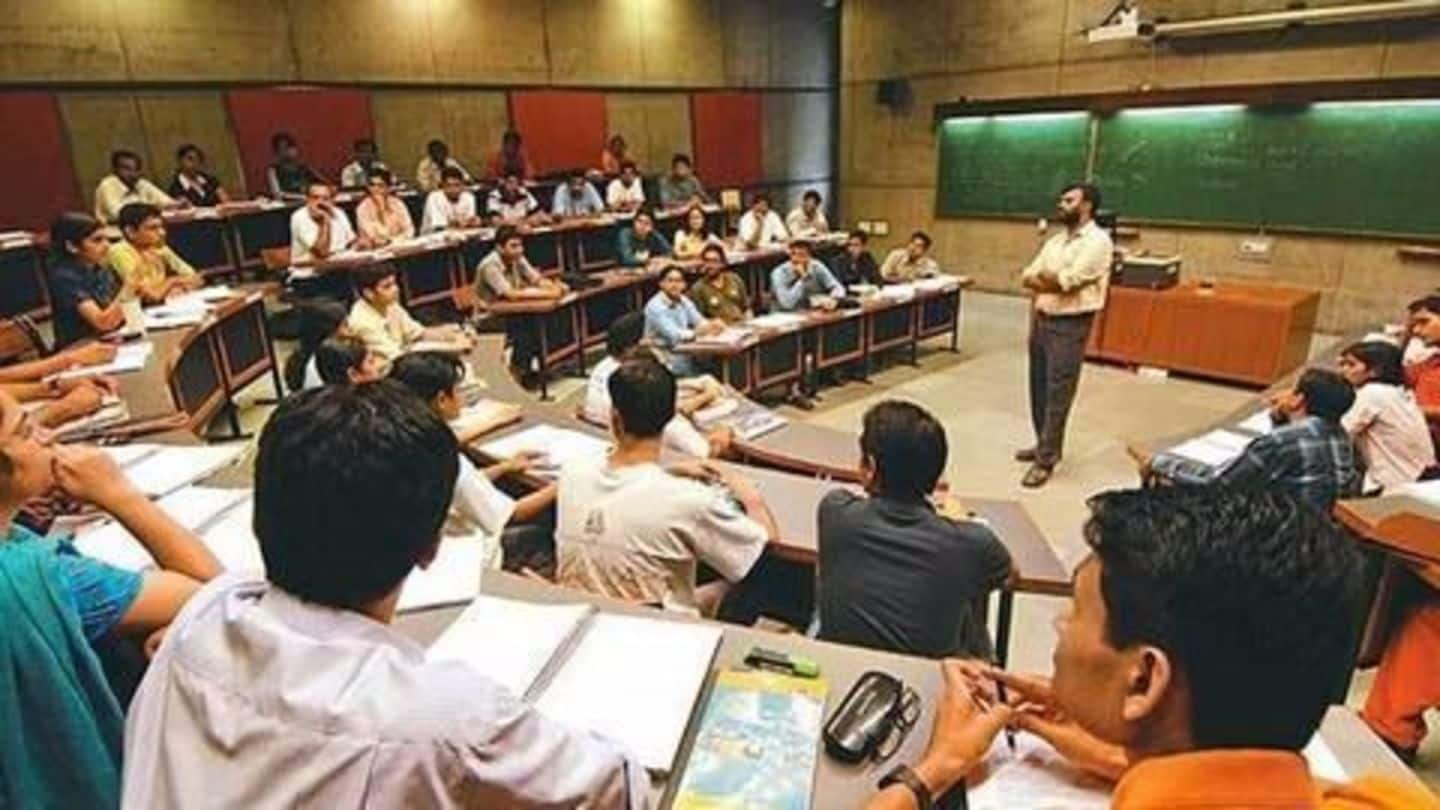
Provide reservation for economically disadvantaged: Union Minister Ramdas Athawale
What's the story
Union Minister Ramdas Athawale on Tuesday made a case for allowing 25% reservation for economically disadvantaged sections.
Arguing for reservation to be provided for those with an annual income of less than Rs. 6 lakh, he added, economic reservations along with caste reservations were imperative to attain social and economic equality.
He further spoke of issues including abolishing manual scavenging and encouraging inter-caste marriages.
Background
Reservations in India
Reservations were introduced as a means to remedy years of historic injustice against communities included like Scheduled Caste, Scheduled Tribes and even women. It was intended to attain the goal of equality.
Minimal effectiveness of caste-based reservations along with lack of opportunities for higher castes have led for some sections to advocate for economic status as a more equitable basis.
Do you know?
Economic reservation in India
Kerala HC in 2010 upheld a quota in educational institutions for economically disadvantaged students from forward classes. Following the Patidar agitation, the Gujarat government in 2016 introduced 10% reservation in employment for those identified as economically weak sections, earning less than Rs. 6lakh per annum.
Details
What does Athawale propose?
Athawale proposes for 25% reservation to be provided out of 50% allocated for the general category. Taking the example of higher education, he notes that those belonging to higher caste, face obstacles from prohibitive costs in IIMs and medical colleges.
At an earlier meeting of the NDA on April 10, he had recommended PM Modi to bring in required legislation and constitutional amendments.
Quote
On social justice and economic reservations
Athawale in 2016 had noted, "Social justice also means looking after the economically backward. There has been so much agitation among the Patel, Jat and Gujjar communities". Arguing for reservations for these communities along with brahmins, he added, "OBCs got reservations following similar agitations."
Analysis
Could reservations for economically disadvantaged improve current situation?
Despite arguments that caste-based discrimination does not exist today, Dalits frequently suffer discrimination and oppression. While caste-based reservation has its de-merits, a complete disregard of the parameter would fall short of achieving equal opportunities.
While a system entirely based on economic parameters may be flawed, economic parameters along with others such as caste and gender could address issues faced by disadvantaged upper classes.